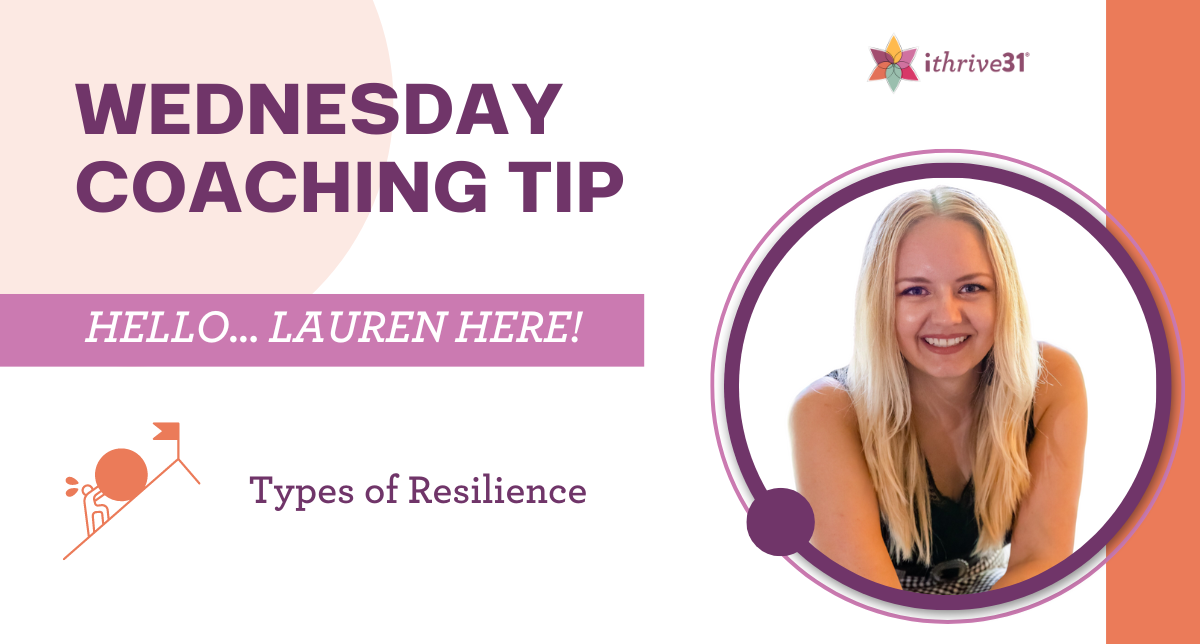
Types of Resilience
If I ask “What does it mean to be resilient?”, what picture comes up for you?
For me it is someone in a boxing match who just took a hit, and yet they get back up.
They clearly have some sense of resilience since they got back up. But what, actually, does it mean to be resilient? A few years ago I learned there are different types of resilience, and I found it helpful to break this down. In the case of the boxer who just got back up after taking a hit:
- Physical resilience: their body is in pain, but yet they push through and use their muscles to stand back up and keep fighting
- Emotional resilience: they could have stayed down and felt too embarrassed to get back up, but they didn’t. They got back in the game, even though there was a good chance they might not win
- Mental resilience: they didn’t dwell in “analysis paralysis” on mistakes that led to the hit, but rather they got back up and consciously decided to keep moving forward. They stayed focused on the goal
- Spiritual resilience: they choose not to let that one hit define their worth. They know that, no matter the outcome (win/lose/draw), they are a worthy and complete human being
We often might think we are resilient if we exhibit one of these, but true resilience is when all of them are being practiced. For example, picture a marathon runner at mile 18. They keep running despite their sore knees. But mentally they’re saying to themselves “I must finish in under 4 hours, otherwise I’m a complete failure and I’ll never be able to show my face to my friends and family again. I’m worthless unless I win”. This person undoubtedly still has a lot of physical and mental resilience, otherwise they likely would have stopped running several miles ago – and kudos to them for making it this far. But their fear of failure and shaky sense of self-worth show this person might benefit from strengthening their emotional and spiritual resilience.
Next time life has you feeling like the boxer who just took a hit, try going through this list and asking yourself where you excel and where you maybe need to grow. It is tough but important inner work that can help us thrive and live our lives to the fullest.
_____________
ithrive31 blends leadership coaching and life coaching—guiding leaders and professionals to unleash their full potential in order to thrive at work and at home. If you enjoy our content, we invite you to subscribe to our newsletter here.
Meet our coaches:
Miki Huntington, M.A., CPC Lauren Foxwell, MBA Stacey Walter Dorene MacVey, PCC Marli Overman, PHR, CPC

